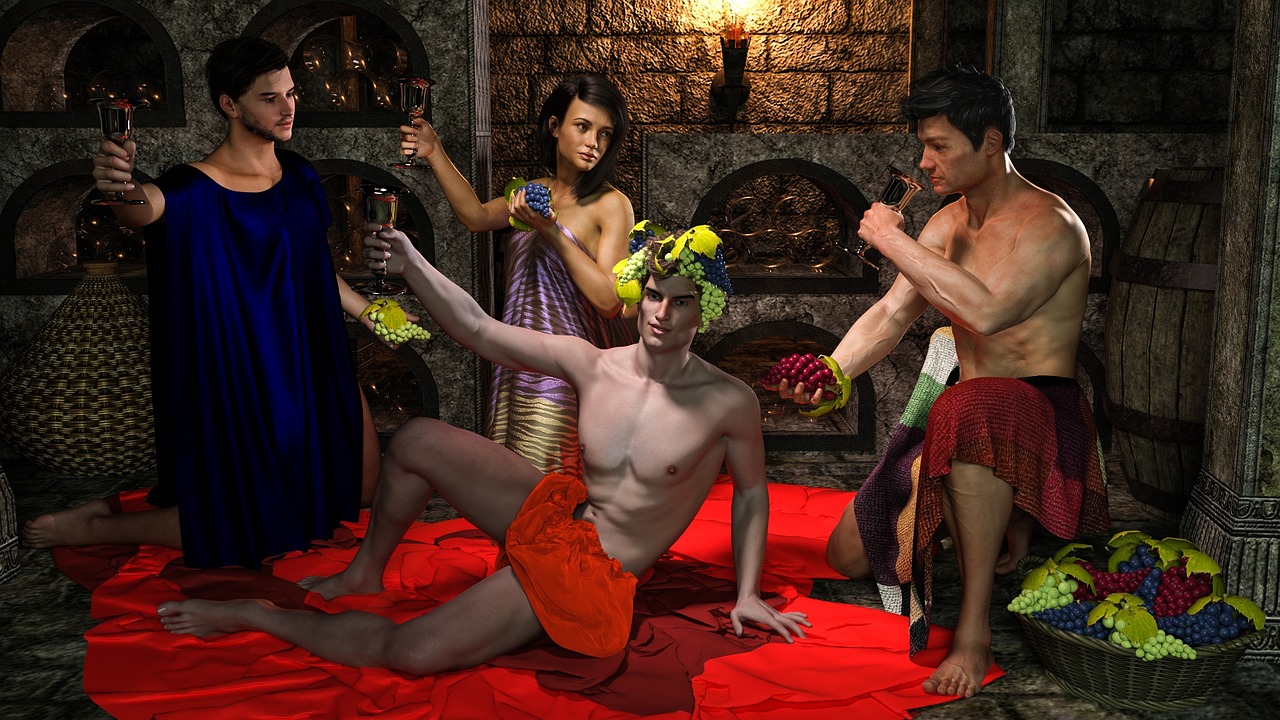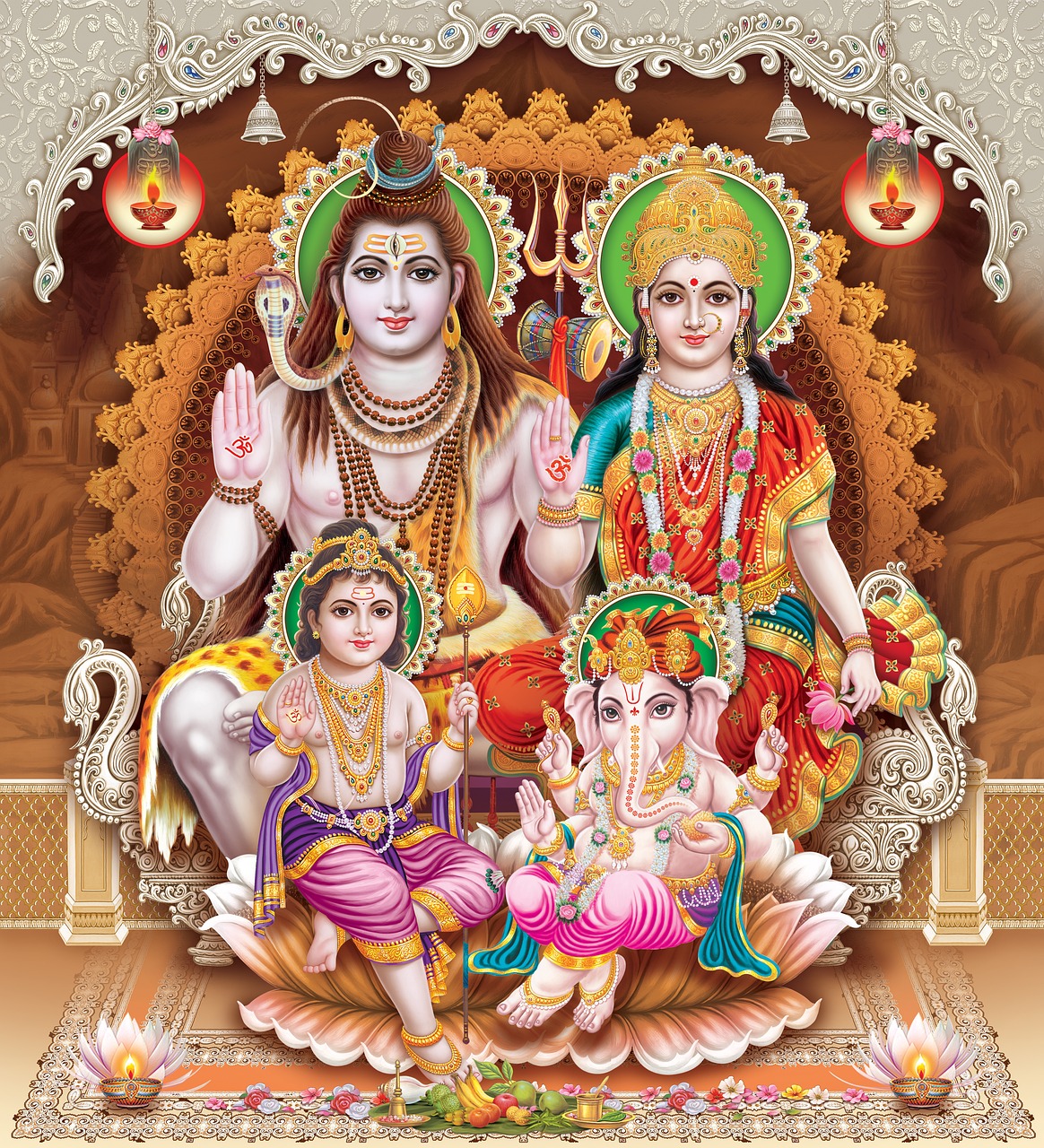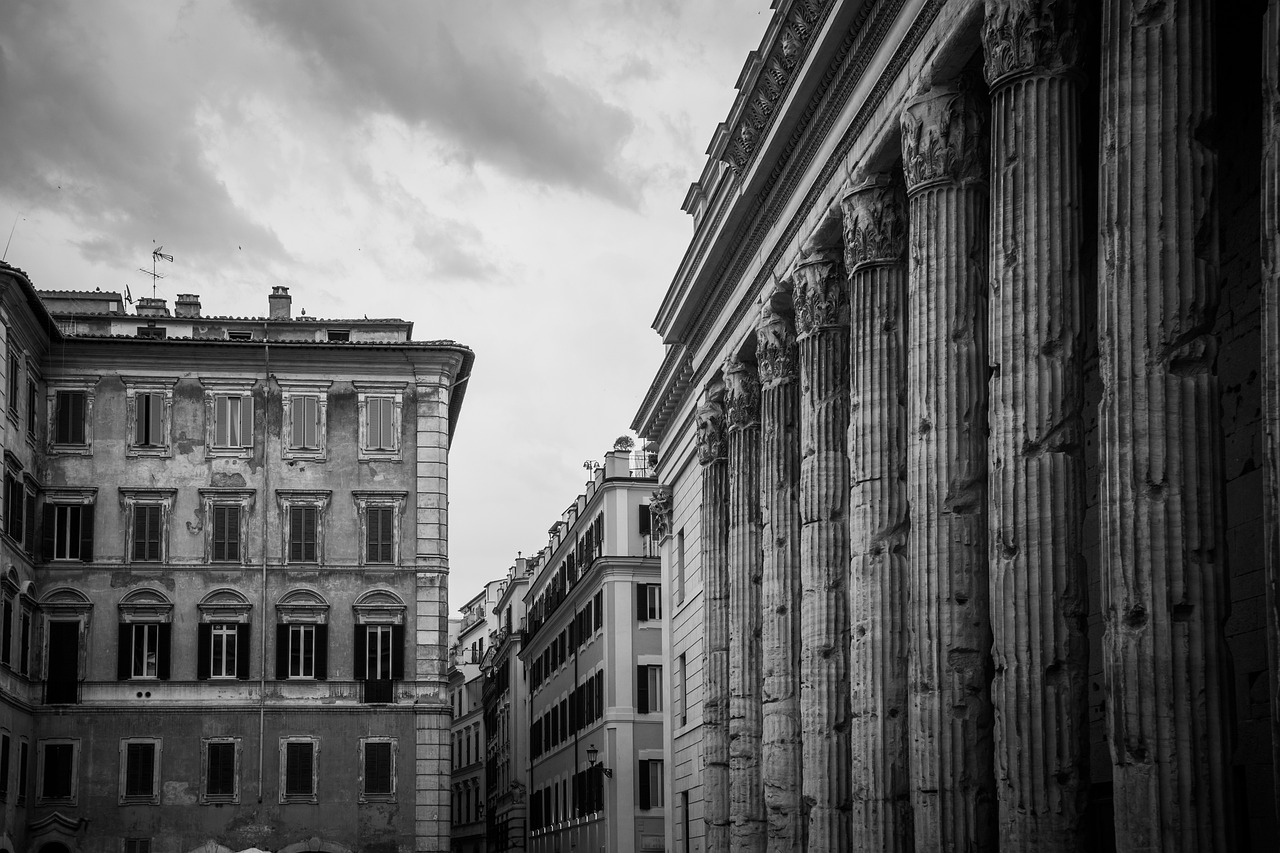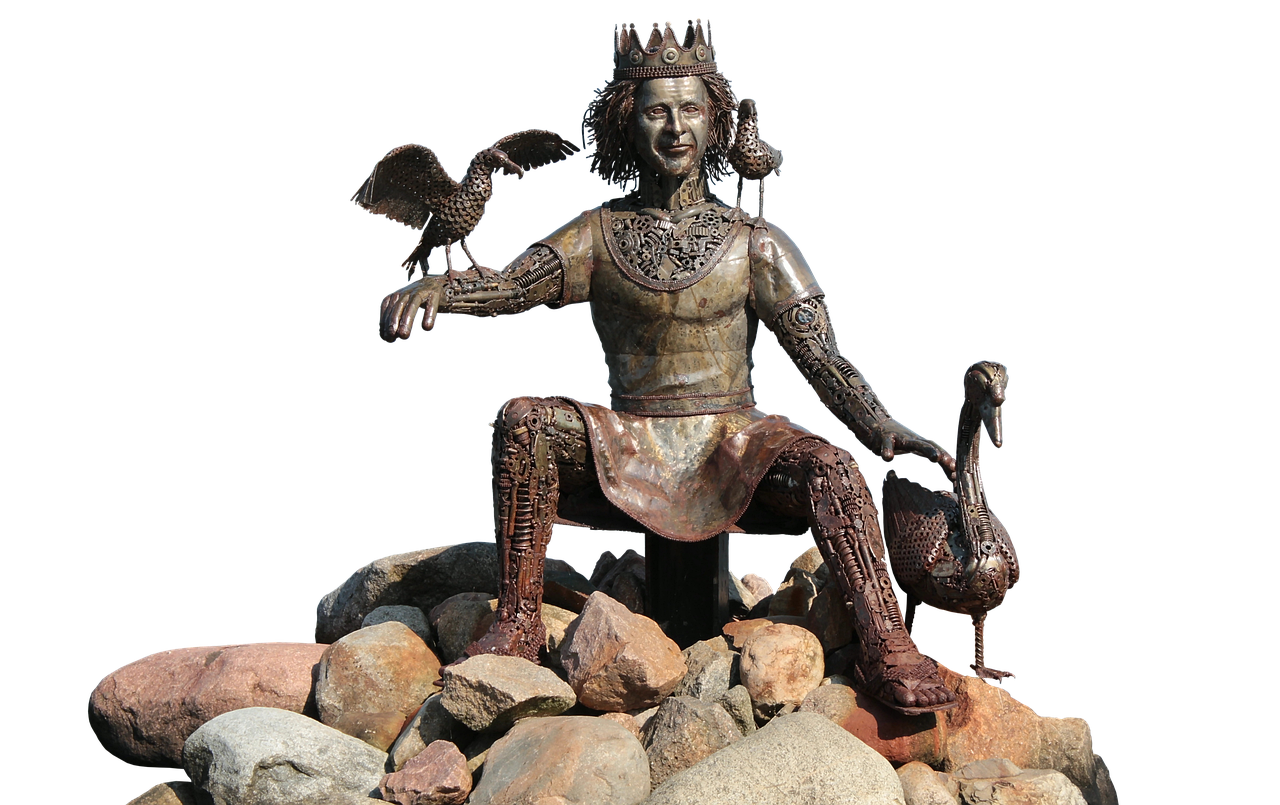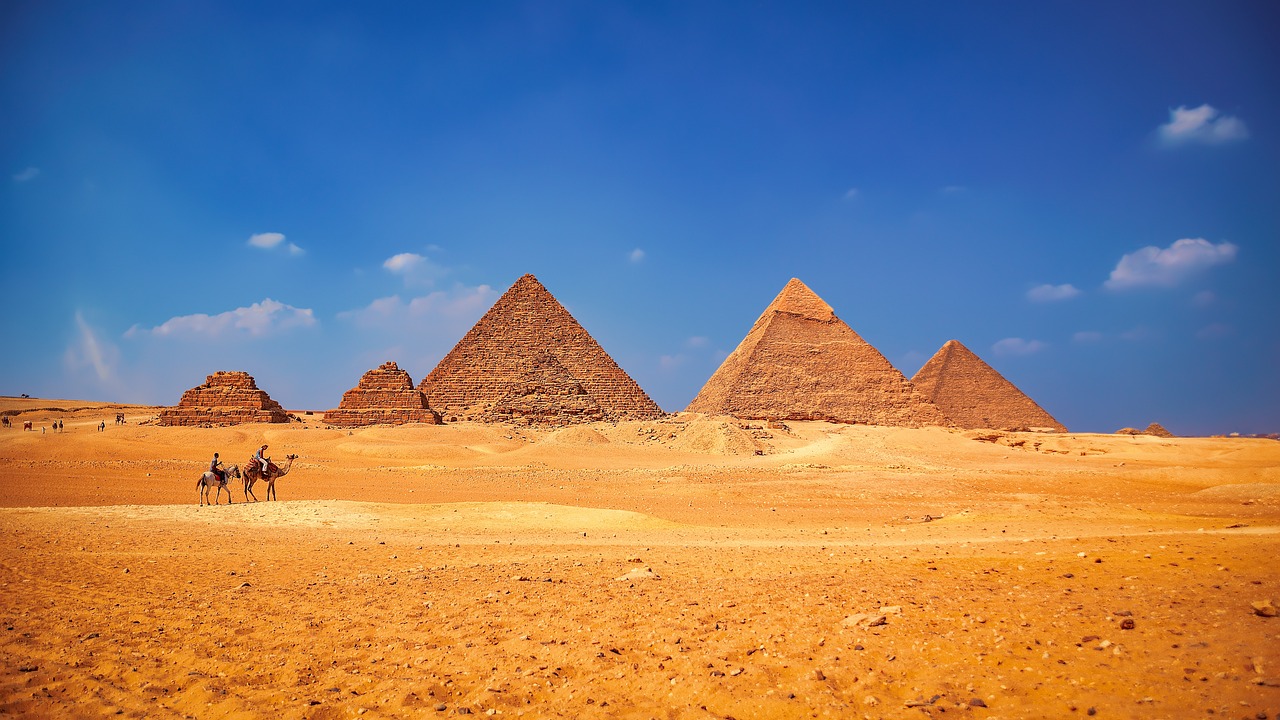Tag: Mythology
-
Thank you to everyone who reached out with their favorite mythological figures! It has been a delight to engage with so much enthusiasm for these timeless stories. I have chosen to begin with the very first character suggested by a reader: the celebrated centaur Chiron, a wise mentor to many heroes. It’s important to note…
-
Demeter, a prominent figure in the Greek Pantheon, serves as the Olympian goddess overseeing agriculture, motherhood, sacred law, and fertility.While she is most renowned as the mother of Persephone, who ascended to the status of Queen of the Underworld, Demeter also held significant importance in ancient Greek religious practices. She is commonly represented by symbols…
-
The figure of Bacchus holds a prominent place in mythology as the Roman deity of wine, agriculture, fertility, and festivity. As part of the Roman pantheon, Bacchus, also recognized as Liber Pater, embodies a blend of the beliefs surrounding both Roman and Greek traditions, making it complex to disentangle the narratives and attributes of Bacchus…
-
Greek mythology encompasses an extensive array of narratives involving deities, heroes, and ancient rituals, originating from the Greek civilization and extending through Classical antiquity. Although some philosophers, such as Plato from the 5th–4th century BCE, acknowledged that these myths contained imaginative elements, the general populace regarded them as authentic accounts, deeply embedded in their cultural…
-
The Legacy of Zeus in Greek Mythology Zeus, the principal figure in ancient Greek mythology, is acknowledged as the supreme god of the pantheon, embodying the forces of the sky and weather, akin to the Roman deity Jupiter. His name possibly derives from Dyaus, the sky god from the ancient Hindu text, the Rigveda. Revered…
-
Scottish Kelpies often stand out as one of the most iconic figures in folklore, recognized not only for their beauty but also their perilous nature. These mythical beings inhabit regions across Scotland near lochs and rivers and should be approached with caution. So, what exactly are Kelpies, and how can one steer clear of these…
-
Heracles, one of the most renowned figures in Greco-Roman mythology, is known for his incredible feats and strength. He was the offspring of Zeus and Alcmene, who was a descendant of Perseus. According to legend, Zeus declared that the next male hailed from the lineage of Perseus would rule Greece. However, due to the machinations…
-
The tale of Orpheus and Eurydice serves as a poignant reminder of love’s fragility and the inevitability of death, a theme highlighted in an intriguing myth regarding ancient Roman generals, who were reportedly reminded of mortality with the phrase “Memento Mori.” While the knowledge of our mortality is universally acknowledged, coming to terms with it…
-
Apollo, a prominent figure in Greco-Roman mythology, stands out as one of the most admired and significant deities within ancient Greek and Roman culture. His exact origins remain somewhat ambiguous; however, from Homer’s era onward, he assumed various roles. Apollo emerged as the god associated with divine distance, capable of sending warnings or threats from…
-
Horus, a prominent deity in ancient Egyptian belief, is depicted as a falcon, with his right eye symbolizing the sun or morning star—indicative of strength and essence—and his left eye representing the moon or evening star, signifying healing. The veneration of Horus can be traced back to the late predynastic era and was prevalent throughout…



